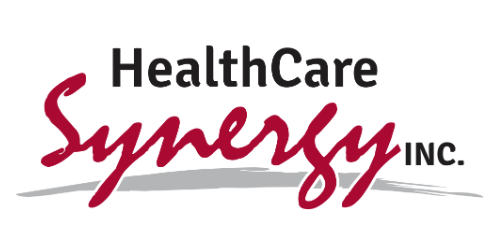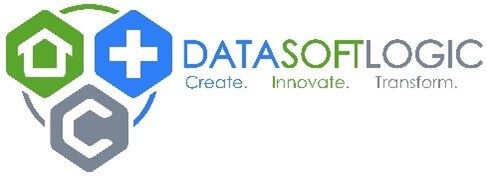Tuesday, November 11, 2025
2026 Home Health Final Rule, Survive an audit, HHVBP Updates, and more...
View EventWednesday, November 12, 2025
2026 Hospice Final Rule, Survive an audit, HOPE tool, and more…
View EventABOUT CAHSAH
The California Association for Health Services at Home (CAHSAH) is a nonprofit association representing California's licensed home health, home care, and hospice providers across the state.
About CAHSAH Join CAHSAH
Nov 11
2026 Home Health Final Rule, Survive an audit, HHVBP Updates, and more...
9:00 AM - 2:00 PM
PST
Details
Nov 12
Nov 18
2026 ICD-10-CMS and Grouper Updates: Safeguarding Reimbursement Webinar
11:00 AM - 2:00 PM
PST
Details
On-Demand Learning
The goal of the Home Care and Hospice Certificate Program is to provide a supportive learning environment for administrators and senior managers. This program will strengthen your competencies to position your organization for success and help you integrate the complexities of quality, compliance, financial management, and strategic performance.
Learn More
Learn More
CAHSAH Membership
In today's rapidly changing home care industry, your most valuable asset is membership in the California Association for Health Services at Home (CAHSAH), the nation's leading statewide home care association. CAHSAH was established in 1966 with a mission to promote quality home care and enhance the effectiveness of its members.
Learn More
Learn More
NBHHC Certification
National Board for Home Care and Hospice Certification (NBHHC®)
Certification for Home Care & Hospice Managers, Administrators and Executives. This will provide additional professional recognition and personal rewards. It attests that you have met industry gold standards through assessment of your knowledge and experience.
Learn More








